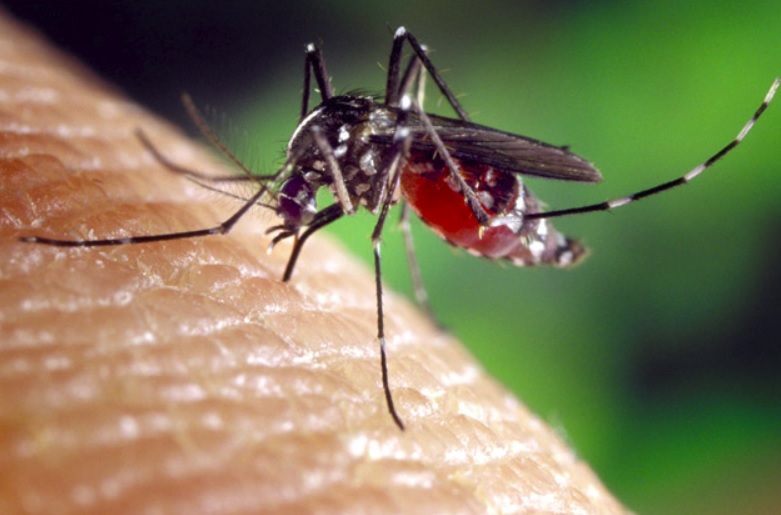In a decisive move to combat the alarming dengue virus outbreak in the country, the Dominican Republic has initiated a significant expansion of its fumigation exercise.
This strategic decision comes on the heels of a comprehensive meeting held at the National Palace, where President Luis Abinader and his cabinet unveiled a series of nine critical measures.
Escalating dengue cases demand action

With over 6,000 confirmed cases of dengue fever within its borders, the Dominican Republic faces a pressing public health crisis.
Notably, urban areas such as Santo Domingo Norte, Este, Distrito Nacional, and Santiago have reported the highest incidence of infections since the outbreak’s onset.
From presidential directive to action on the ground
Homero Figueroa, Director of Strategy and Communication of the Presidency, announced that the implementation of these measures would kick off this Friday.
The initiatives include intensive house-to-house fumigation campaigns and a meticulous cleanup of public spaces. These efforts aim to curb the further spread of the virus.
Strengthening healthcare for timely dengue treatment
In recognition of the urgent need for medical intervention, the government has outlined plans to bolster the capacity of the public healthcare system.
This step will enable the provision of prompt and effective treatment to dengue patients.
Enhancing diagnostic capabilities
To facilitate quicker and more accurate diagnoses of dengue virus infections, the government will make dengue testing services widely accessible.
A public awareness campaign will also be rolled out to educate citizens about the virus.
Coordination for efficient response
General Juan Manuel Méndez, the director of the Emergency Operations Centre (COE), will assume the vital role of coordinating support actions across all operations led by the Dengue Action Cabinet.
Public urged to seek timely medical care
In light of the severity of the outbreak, those experiencing any symptoms of fever are encouraged to seek immediate medical attention, as early treatment can significantly impact their chances of recovery and survival.















